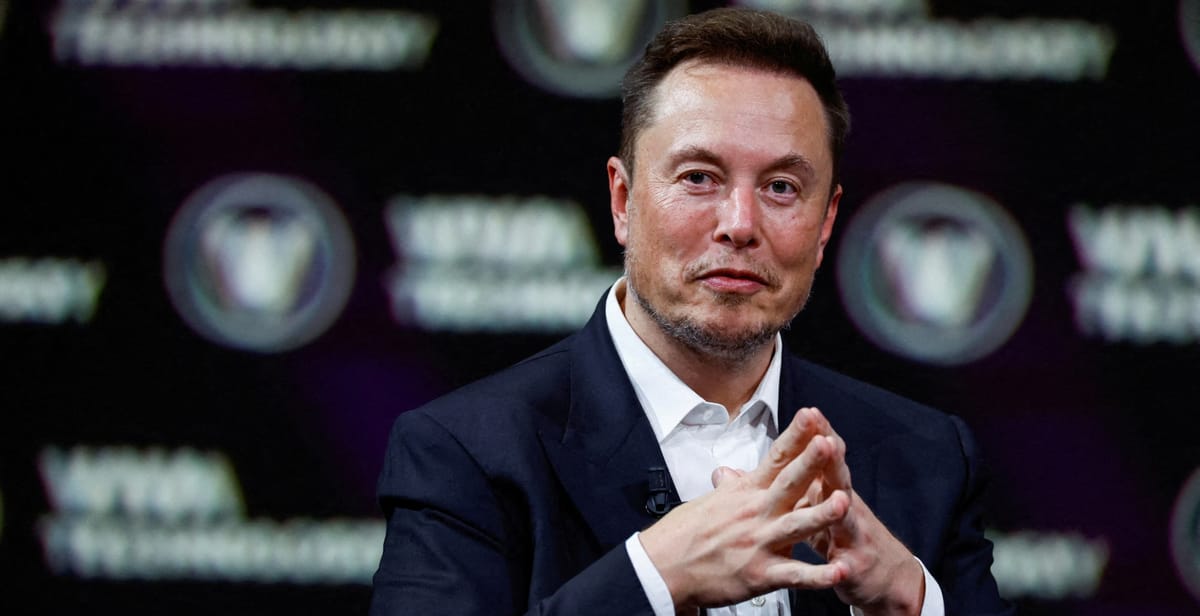
Elon Musk on Monday shot down speculation about a full merger between Tesla and his AI company xAI, but made clear he wants the electric car maker to invest in his artificial intelligence startup instead.
Key Points:
- Musk opposes merger: Tesla CEO ruled out combining the companies
- SpaceX backing xAI: Musk's space company reportedly agreed to invest $2 billion in xAI
- Grok integration happening: Tesla vehicles are getting xAI's Grok chatbot despite recent controversies over antisemitic comments
The announcement comes as Musk orchestrates increasingly complex relationships between his business empire. SpaceX has reportedly agreed to invest $2 billion in xAI, according to The Wall Street Journal, while Tesla prepares to integrate Grok into its vehicles.
"It's not up to me," Musk wrote in response to a user asking about Tesla investing in xAI. "If it was up to me, Tesla would have invested in xAI long ago. We will have a shareholder vote on the matter."
That vote will happen at Tesla's annual shareholder meeting on November 6. Tesla shareholders have been surprisingly accommodating to his cross-company schemes. Last year, he polled his X followers about whether Tesla should invest $5 billion in xAI — the majority voted yes. And at Tesla's 2024 shareholder meeting, investors approved his controversial pay package with 84% support, even after a Delaware judge had thrown it out.
Should Tesla invest $5B into @xAI, assuming the valuation is set by several credible outside investors?
— Elon Musk (@elonmusk) July 24, 2024
(Board approval & shareholder vote are needed, so this is just to test the waters)
The challenge for Tesla shareholders is that xAI is burning through cash fast. The company reportedly spends about $1 billion monthly on AI development, and despite Grok's advancements, it's unclear how quickly the AI startup can generate meaningful revenue.
If the vote happens, it could boost xAI's $13 billion expected spend next year while giving Tesla deeper AI ties for self-driving and robots. But no merger means Musk keeps control separate, avoiding dilution or regulatory headaches.

